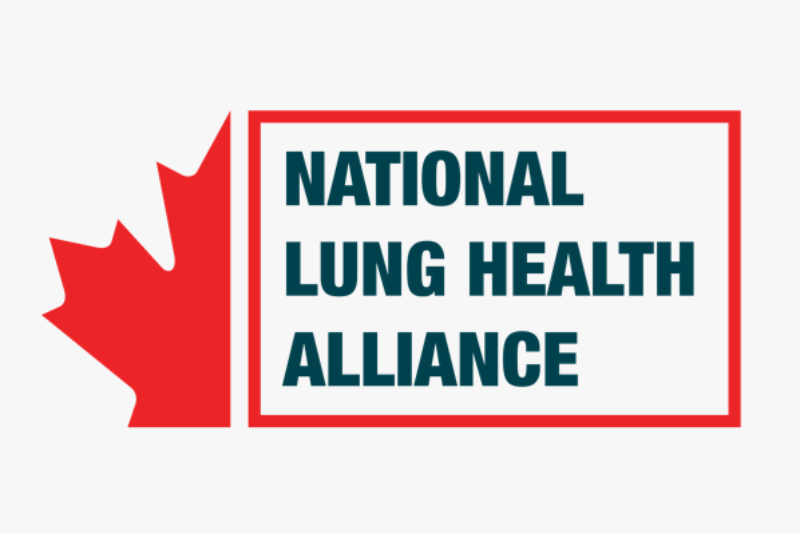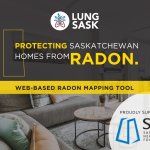National Lung Health Alliance Advocates For Lung Health Investment Following Big Tobacco Settlement
MEDIA RELEASE
‘A Tragedy in the Making’: Approval of Canada’s Proposed $32.5 Billion Big Tobacco Settlement Risks Leaving Millions Living with Lung Disease Behind, Warns National Lung Health Alliance (NLHA)
The National Lung Health Alliance (NLHA) recognizes the successful outcome of the ‘Big Tobacco’ settlement compensation plan vote on December 12. Canada’s most powerful lung health advocacy network stands firm in its message to the provinces that the next steps are what really matters. “This creditors vote is the first step to achieving some degree of reparations for the harms caused by commercial tobacco,” says Jessica Buckley, President and CEO of the Lung Health Foundation, the national organization spearheading the NLHA. “We are calling on provincial governments to use this settlement as a springboard for transformative action and lung health investment. Their action or inaction is what will decide whether this landmark decision is remembered as a success or a failure.”
A Tragedy in the Making
“The settlement’s vagueness is not just disappointing -- it’s a tragedy in the making for the one in five Canadians who struggle to breathe,” says Buckley.
“Provinces have a rare chance to redress decades of harm caused by tobacco. These funds must be directed toward programs and resources that transform lung health outcomes -- not squandered on unrelated initiatives,” she urges.
As the settlement awaits court approval, Buckley says NLHA will remain optimistic that legislators will do right by the lung health of Canadians past, present and future. “The provinces can be the heroes in this settlement if they use the funds wisely.”
The High Cost of Nicotine Addiction
For every $100 provinces collect in tobacco taxes, they incur $300 in direct healthcare costs from nicotine-related harm. Tobacco-related illnesses cost Canadians $12 billion annually, with Ontario alone spending an estimated $7 billion per year to address the fallout. This doesn’t include the emotional toll on families or lives lost.
Despite this, the $24.7 billion earmarked for provinces in the settlement comes with no mandate for cessation programs, addiction and mental health supports or preventive measures. “Imagine the impact if even a fraction of this sum was invested in programs to help Canadians quit smoking or vaping -- or prevent them from starting,” says Buckley.
What’s Missing?
While the settlement also provides financial restitution to class-action claimants and allocates funds to a vaguely defined research foundation, it lacks critical measures for:
- Adequate supports to prevent Canadian youth from starting smoking, vaping and other nicotine products.
- Adequate cessation supports for Canadians trying to quit smoking and other nicotine products.
- Comprehensive screening programs for smoking related illnesses and diseases like lung cancer and chronic obstructive pulmonary disease (COPD).
- Adequate treatment and supports for Canadians living with lung health conditions caused by smoking.
A Call to Action
“Provinces must rise to the occasion and allocate these funds where they are needed most: prevention, education, and treatment programs that improve lung health for all Canadians,” says Buckley.
About National Lung Health Alliance:
The National Lung Health Alliance (NLHA) is Canada’s leading advocacy network for lung health. Led by the Lung Health Foundation, the alliance includes several organizations: BC Lung Foundation, Alberta Lung, LungSask, Association Pulmonaire du Quebec, NB Lung, LungNSPEI, Lung Cancer Canada, Asthma Canada and COPD Canada.
NLHA mission
National Lung Health Alliance member organizations are currently working together to advance specific asks at the federal level based on collective decision making. Its mission focuses on three key areas: Youth vaping: Advocating for a Smoke-Free Generation; Chronic obstructive pulmonary disease (COPD): Improving diagnostics and support; and Air quality: Reducing radon exposure and promoting healthier homes.




